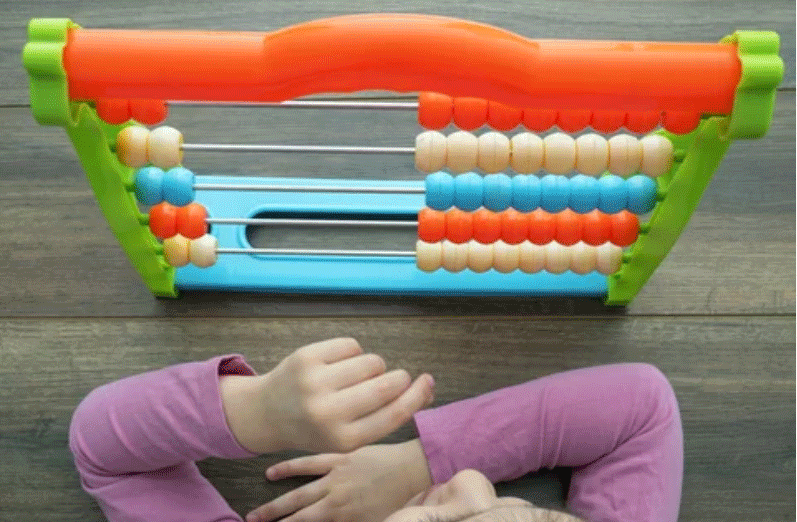Mathematics doesn’t have to be boring; it can be fun and exciting, especially when introduced through STEM toys. STEM, which stands for Science, Technology, Engineering, and Mathematics, offers a variety of toys that make learning math enjoyable for young children. By incorporating math-focused toys into playtime, parents can help their children develop essential math skills while having fun.
The Importance of Math Play
Mathematics is a fundamental skill that plays a crucial role in various aspects of life. It is essential for problem-solving, critical thinking, and logical reasoning. By making math fun and engaging, parents can instill a love for numbers and set their children up for success in school and beyond.
Math play helps children develop important cognitive skills, such as memory, attention, and spatial awareness. It also promotes perseverance and resilience as children work through challenges and find solutions.
Key Features of Math Toys
When selecting math toys for your child, consider the following features:
- Age-Appropriateness: Choose toys that are suitable for your child’s age and developmental level. This ensures that they can enjoy the toy and understand the math concepts it teaches.
- Interactive Learning: Look for toys that offer hands-on, interactive learning experiences. These toys allow children to explore mathematical concepts through play and experimentation.
- Educational Value: Opt for toys that explicitly teach math skills, such as counting, sorting, patterning, and basic arithmetic. These toys should provide opportunities for children to practice math in a fun and engaging way.
- Versatility: Select toys that offer multiple ways to play and learn. Versatile toys can grow with your child, providing ongoing opportunities for math exploration and learning.
Examples of Math Toys
Here are some examples of math toys that can make learning fun for children:
- Counting Bears: These colorful bears can be used for counting, sorting, and pattern-making activities. They help children develop number sense and basic arithmetic skills.
- Shape Sorters: Shape Sorter toys encourage children to identify and match shapes, promoting spatial awareness and geometry skills.
- Math Board Games: Games like Snakes and Ladders, Uno, and Monopoly Junior incorporate math concepts such as counting, addition, and strategic thinking.
- Math Puzzles: Math puzzles, such as Sudoku and Tangrams, challenge children to think logically and solve problems while having fun.
- Math Manipulatives: Manipulative toys like pattern blocks, Cuisenaire rods, and base ten blocks provide hands-on learning experiences that reinforce math concepts.
Tips for Maximizing Math Learning
To maximize the benefits of math play, consider the following tips:
- Make it Fun: Incorporate math into everyday activities and games to make learning enjoyable for your child.
- Encourage Exploration: Allow your child to explore math concepts at their own pace and in their own way. Provide opportunities for open-ended play and experimentation.
- Be Positive and Supportive: Offer praise and encouragement as your child engages with math toys. Celebrate their successes and provide support when they encounter challenges.
- Model Math Skills: Demonstrate positive attitudes towards math and engage in math-related activities with your child. Show them that math can be fun and rewarding.
- Create a Math-Rich Environment: Surround your child with math-related books, games, and toys to foster a love for mathematics from an early age.
Conclusion
In conclusion, making math fun and engaging with STEM toys is a great way to help children develop essential math skills while having fun. By selecting age-appropriate, interactive, and educational math toys, parents can create opportunities for their children to explore mathematical concepts in a hands-on way. Incorporate math into playtime, encourage exploration and experimentation, and provide positive reinforcement to support your child’s math learning journey. With the right approach and the right toys, you can help your child develop a strong foundation in mathematics and set them up for success in school and beyond.
The author of this article is a loving husband, father of three young children, holds a PhD in Artificial Intelligence and is a veteran educationist teaching research at a local university.


No responses yet